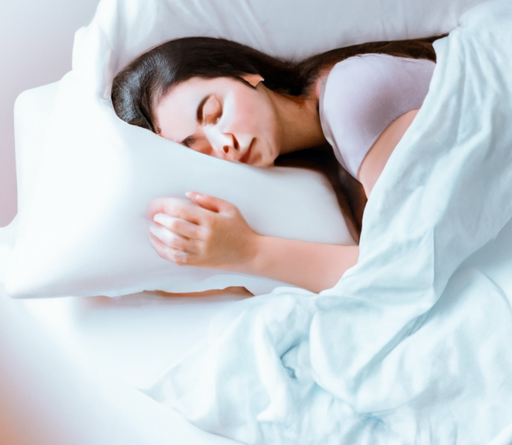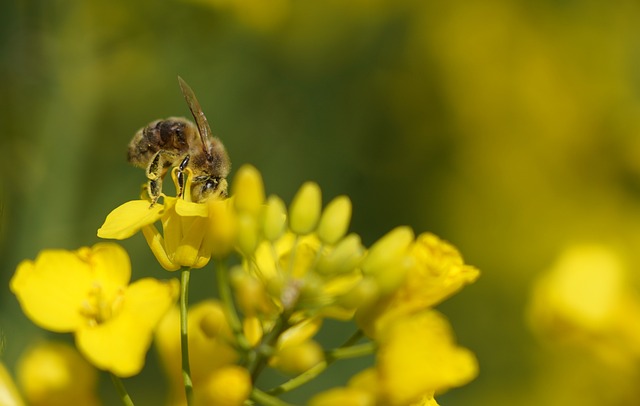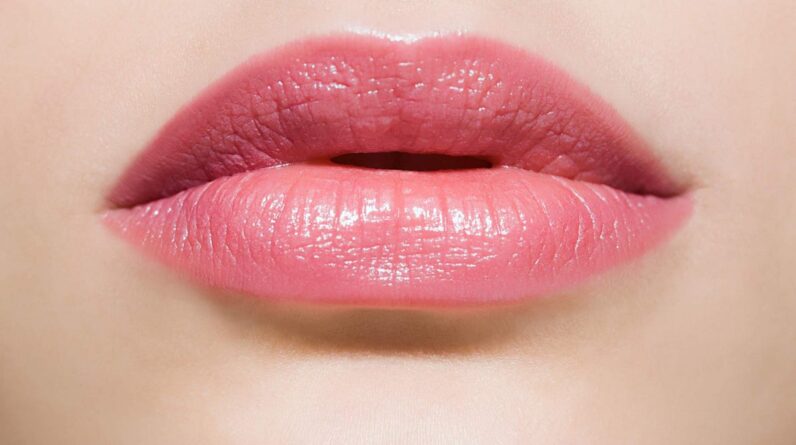
Have you ever wondered why lips turn pink? It’s a fascinating question, isn’t it? Well, in this article, we’re going to delve into the science behind this phenomenon and explore why our lips sport that lovely pink hue. So, if you’re curious to learn more, keep reading!
So, let’s talk about why our lips turn pink. You see, the color of our lips is actually a result of the thin layer of skin on them. Unlike the rest of our skin, which has multiple layers, our lips only have three. This lack of melanin, the pigment responsible for skin color, allows the underlying redness of the blood vessels to shine through, giving our lips that rosy pink appearance. It’s truly fascinating how something as simple as the structure of our lips can determine their color! But there’s more to uncover, so stay tuned for the rest of the article where we’ll explore this topic in even greater detail.
Table of Contents
The Anatomy of Lips
Overview of lip structure
Lips are a prominent feature of the face and play an important role in communication and expression. They consist of several layers, including the skin, subcutaneous tissue, muscles, and mucous membrane. The outer layer of the lips is made up of delicate skin that is thinner and more sensitive than the rest of the body’s skin.
Explanation of lip color
The color of your lips is determined by the amount of melanin present in the skin, as well as the underlying blood vessels. Lips can range in color from pale pink to deep red, depending on the amount of blood flow and melanin production.
Factors affecting lip pigment
Various factors can influence the pigmentation of your lips. Genetics play a significant role in determining the natural color of your lips. Additionally, exposure to various elements like sunlight, chemicals, and even smoking can affect the color of your lips over time.
Why Lips Turn Pink
The science behind pink lips
Pink lips are often associated with youth, health, and beauty. The scientific reason behind naturally pink lips lies in the composition of the lips’ skin. The skin on your lips contains fewer melanin-producing cells, which results in a paler appearance compared to the rest of your body.
Role of melanin in lip color
Melanin is the pigment responsible for the color of your skin, hair, and eyes. It is produced by special cells called melanocytes. Lips have a lower concentration of melanocytes, which is why they appear lighter in color. The less melanin present, the more translucent the lips appear, allowing the underlying blood vessels to show through, giving them a pinkish hue.
Natural causes of pink lips
Apart from genetics and melanin levels, there are certain natural causes that can contribute to pink lips. Increased blood flow to the lips, whether due to physical activity or arousal, can make them appear pinker. Additionally, factors like hydration, nutrition, and overall health can also affect the natural color of your lips.
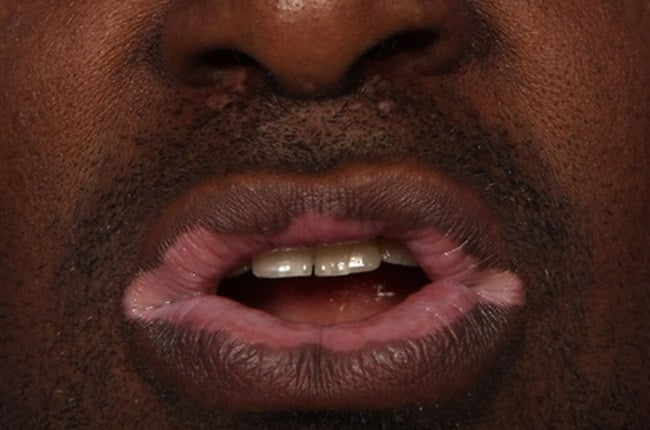
Common Lip Discolorations
Causes of darkened lips
While pink lips are considered desirable, many people struggle with darkened lips. Darkening of the lips can occur due to several reasons, including excessive sun exposure, smoking, vitamin deficiencies, hormonal imbalances, and certain medications. It is important to identify the underlying cause to effectively treat darkened lip discoloration.
Potential lip health issues
Persistent lip discoloration or changes in lip color may be a sign of underlying lip health issues. Conditions like lip hyperpigmentation, vitiligo, allergies, or infections can cause changes in lip color. It is advisable to consult a dermatologist or healthcare professional if you experience any significant or persistent changes in the color or texture of your lips.
Dealing with lip discoloration
If you are concerned about lip discoloration, there are several measures you can take to improve the color and health of your lips. One important step is to ensure proper sun protection by using lip balms or products with SPF. Additionally, maintaining a healthy lifestyle, including a balanced diet, staying hydrated, and avoiding harmful habits like smoking, can also contribute to overall lip health.
Beauty Tips for Pink Lips
Effective home remedies
There are various home remedies that can help enhance the natural pink color of your lips. One popular remedy is applying lemon juice to your lips, as it acts as a natural bleaching agent. Honey, coconut oil, and beetroot juice are also known to have moisturizing and nourishing properties that can help maintain the health and color of your lips.
Choosing the right lip care products
Investing in good-quality lip care products is essential for maintaining pink lips. Look for lip balms or moisturizers that contain natural ingredients like shea butter, cocoa butter, or vitamin E, as they can help keep your lips hydrated and protected. Avoid products that contain harsh chemicals or fragrances, as they can irritate the delicate skin of your lips.
Diet and lifestyle changes for pink lips
Your diet and lifestyle choices can greatly impact the color and health of your lips. Including foods rich in vitamins and antioxidants, such as berries, citrus fruits, leafy greens, and nuts, can help nourish your lips from within. Additionally, avoiding excessive caffeine and alcohol consumption, as well as maintaining a regular exercise routine, can contribute to overall lip health.
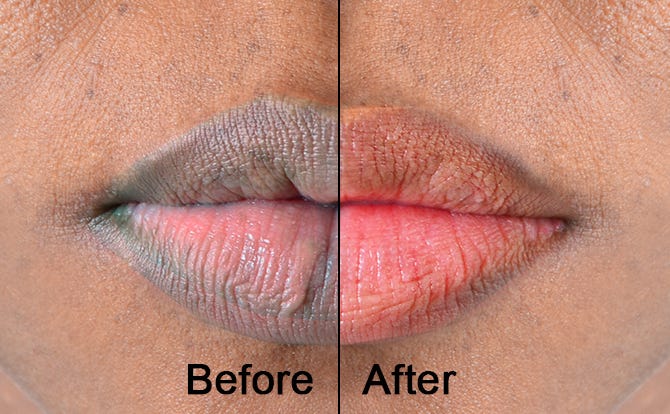
Cosmetic Procedures for Pink Lips
Lip pigmentation techniques
If you are looking for more long-lasting results and have deeper pigmentation concerns, you may consider cosmetic procedures. One popular technique is lip pigmentation, where a specialist uses safe and FDA-approved pigments to enhance or change the color of your lips. This can help achieve a desired shade of pink and provide a semi-permanent solution.
Lip lightening treatments
In cases where lip discoloration is more severe or caused by specific conditions like hyperpigmentation, lip lightening treatments may be an option. These treatments typically involve using laser therapy or chemical peels to reduce the concentration of excess melanin in the lips, resulting in a lighter, more even lip color.
Consulting a professional
Before considering any cosmetic procedures, it is important to consult a professional. They can assess your individual needs and provide expert advice on the most suitable options for achieving pink lips. Always ensure that the professional you consult is reputable and experienced in the specific procedure you are interested in.
Protecting Your Lips
Importance of lip sun protection
Protecting your lips from the sun’s harmful rays is crucial for maintaining their natural color and preventing discoloration. Lips are highly susceptible to sun damage, which can lead to darkening, dryness, and even sunburn. Applying lip balms or lip products with SPF is essential, especially when spending time outdoors or in sunny environments.
Lip care during extreme weather
Extreme weather conditions, such as cold temperatures and dry air, can negatively impact the health and color of your lips. During colder months, it is important to keep your lips moisturized and protected by regularly applying lip balms that contain hydrating and nourishing ingredients like shea butter or lanolin.
Using lip balms and moisturizers
Regularly using lip balms and moisturizers can make a significant difference in maintaining pink lips. Look for products that contain hydrating ingredients, such as hyaluronic acid or ceramides, to replenish moisture and prevent dryness. Applying lip balms or moisturizers before bedtime can also help keep your lips soft and supple.
Maintaining Hydration
Role of hydration in lip health
Keeping your lips hydrated is essential for maintaining their natural color and overall health. Lips lack oil glands, which makes them more prone to dryness and cracking. Drinking enough water throughout the day and using hydrating lip care products can help replenish moisture and prevent dehydration, which can contribute to lip discoloration.
Drinking enough water
Staying adequately hydrated is not only important for overall health but also plays a role in maintaining the color and health of your lips. Drinking enough water throughout the day can help ensure that your lips stay hydrated from within. Aim for at least eight glasses of water a day to keep your lips and body well-hydrated.
Lip hydration products
In addition to drinking water, using lip hydration products can help lock in moisture and prevent dryness. Look for lip balms, masks, or serums that contain humectant ingredients like glycerin or aloe vera, as they attract and retain water, keeping your lips hydrated for longer periods. Apply these products as needed throughout the day to maintain optimal lip hydration.
Exfoliation for Pink Lips
Benefits of lip exfoliation
Regular lip exfoliation can help remove dead skin cells, improve blood circulation, and promote the growth of new, healthier skin cells. Exfoliating your lips can reveal a smoother, brighter surface and enhance the natural pink color of your lips. It is important, however, to exfoliate your lips gently to avoid causing irritation or damage.
DIY lip scrub recipes
There are several DIY lip scrub recipes that you can try at home to exfoliate your lips. One simple recipe involves mixing sugar and honey to create a homemade lip scrub. Gently massage the scrub onto your lips in circular motions for a minute or two, then rinse off with warm water. This will help slough off dead skin and reveal fresh, pink lips.
Exfoliating techniques
When exfoliating your lips, it is important to use gentle techniques to avoid irritating the delicate skin. You can use a soft toothbrush or a clean washcloth to lightly brush your lips in circular motions. Alternatively, using a lip scrub or a gentle exfoliating product specifically designed for lips can help remove dead skin cells without causing damage.
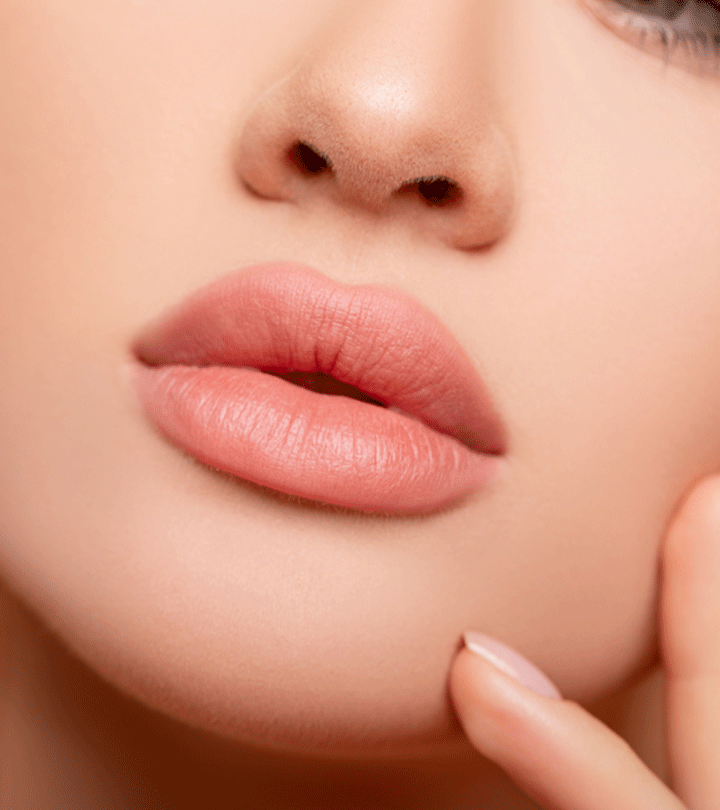
Overcoming Lip Habits
Breaking lip-biting habit
Lip-biting is a common habit that many people engage in, often unconsciously. This habit can cause damage to the delicate skin of your lips and lead to darkening or discoloration. Breaking this habit can be challenging but is essential for maintaining pink lips. Find alternative ways to redirect your attention or keep your lips occupied to prevent lip-biting.
Avoiding lip-licking
Lip-licking is another habit that can contribute to lip dryness and discoloration. While licking your lips may temporarily provide relief, it can actually worsen dryness and lead to a cycle of constant dryness and licking. Keeping your lips moisturized with lip balm or drinking water can help reduce the urge to lick your lips.
Effects of smoking on lip color
Smoking not only impacts overall health but also affects the color and appearance of your lips. Smoking can cause lips to darken and develop a grayish tinge due to the harmful chemicals and toxins present in cigarettes. Quitting smoking or reducing your smoking habits can significantly improve the health and natural pink color of your lips.
Conclusion
Summary of lip discoloration causes
Lip discoloration can occur due to a variety of factors, including genetics, sun exposure, smoking, certain health conditions, and lifestyle habits. Understanding the causes of lip discoloration can help you take the necessary steps to maintain and improve the color and health of your lips.
Importance of lip care and maintenance
Taking care of your lips should be an essential part of your skincare routine. Good lip care involves protecting your lips from the sun, staying hydrated, avoiding harmful habits, and using products that nourish and moisturize. Paying attention to your lip health can contribute to achieving and maintaining naturally pink and healthy lips.
Emphasizing natural remedies and professional assistance
While there are various cosmetic procedures available to enhance or change lip color, it is important to approach them with caution and seek professional advice. Natural remedies and lifestyle changes can often provide effective results in improving lip color and health. If you have persistent lip discoloration or specific concerns, consulting a dermatologist or healthcare professional is recommended to determine the most appropriate course of action.


